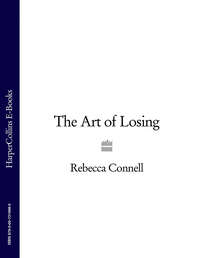Yalnız Litres-də oxuyun
Kitab fayl olaraq yüklənə bilməz, yalnız mobil tətbiq və ya onlayn olaraq veb saytımızda oxuna bilər.
Janr və etiketlər
Yaş həddi:
0+Litresdə buraxılış tarixi:
27 dekabr 2018Həcm:
271 səh. 2 illustrasiyalarISBN:
9780007319985Müəllif hüququ sahibi:
HarperCollins